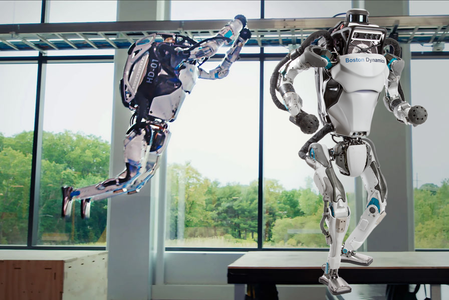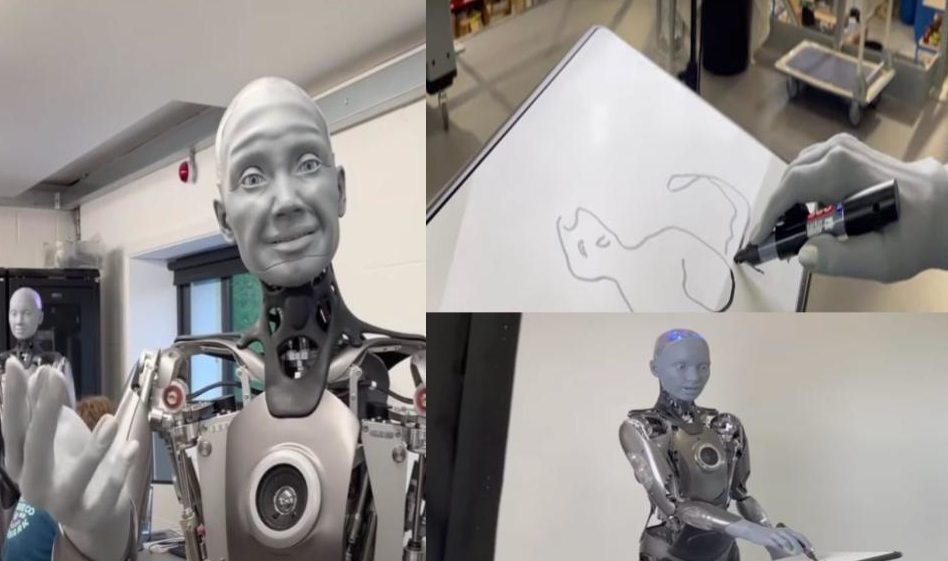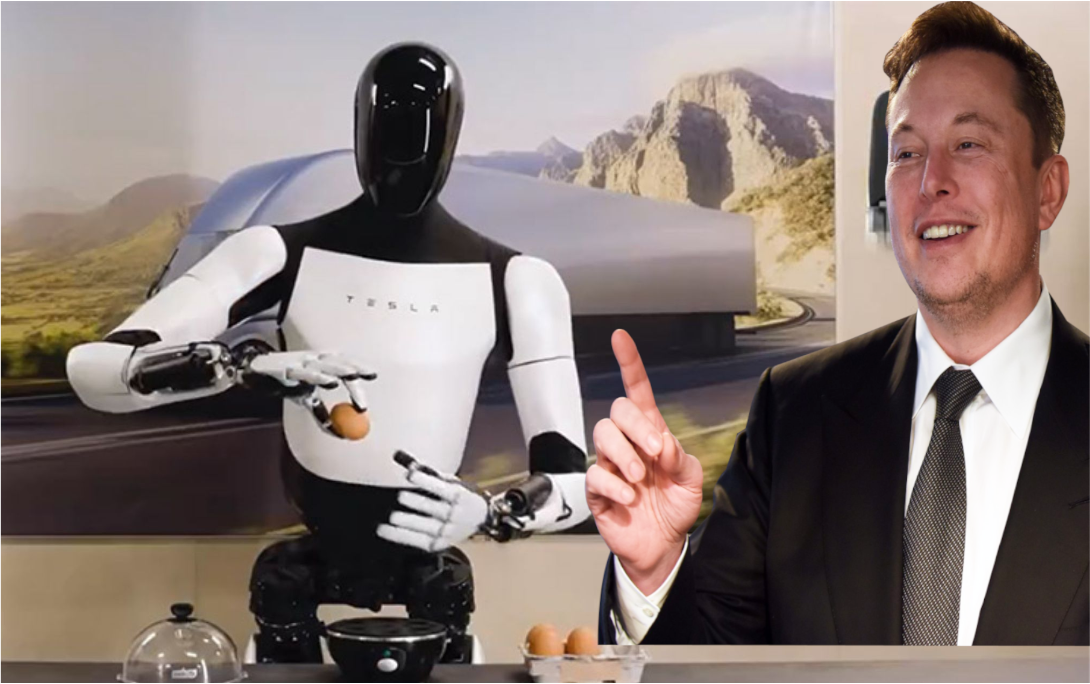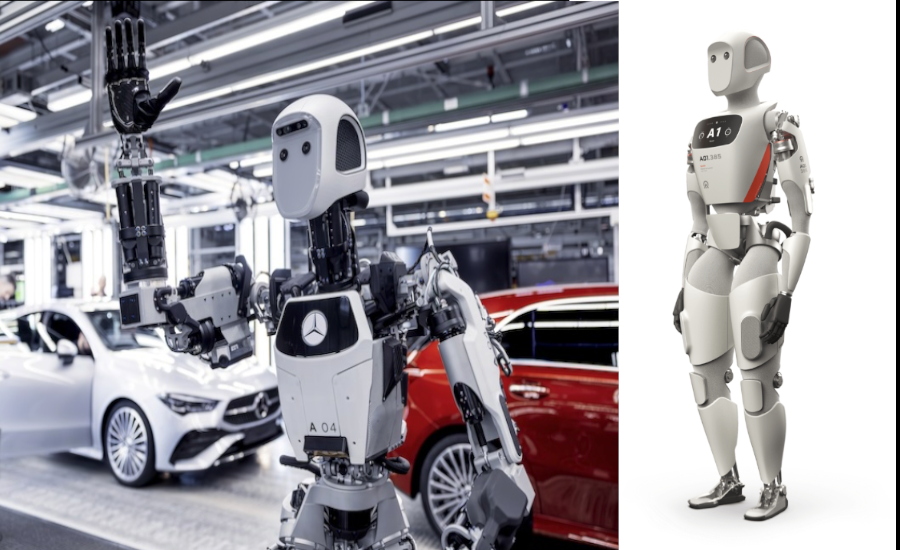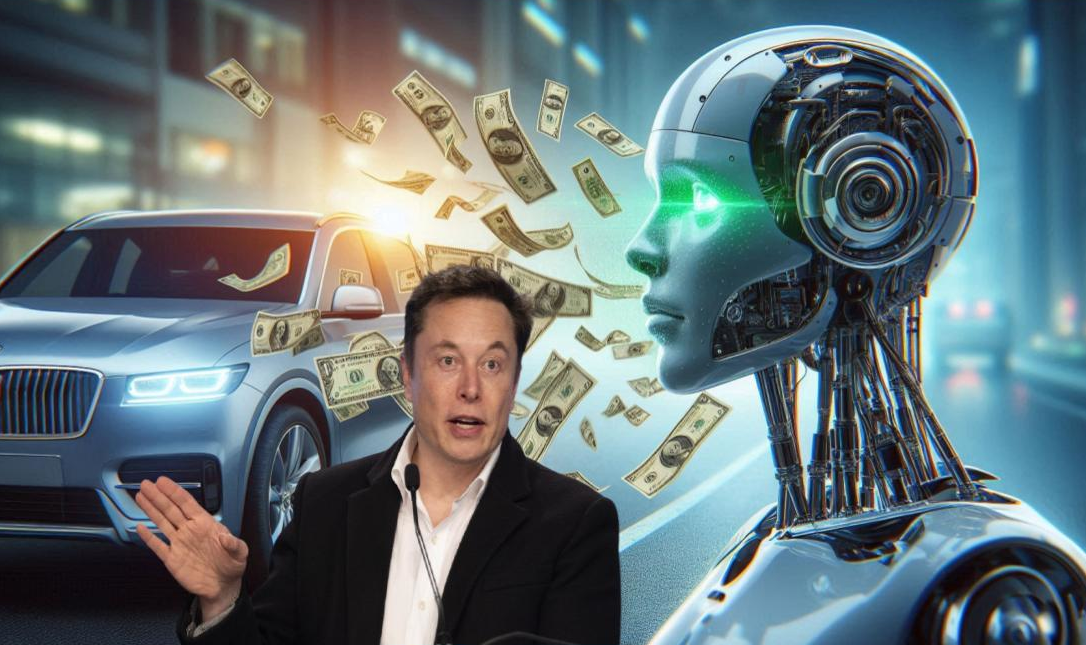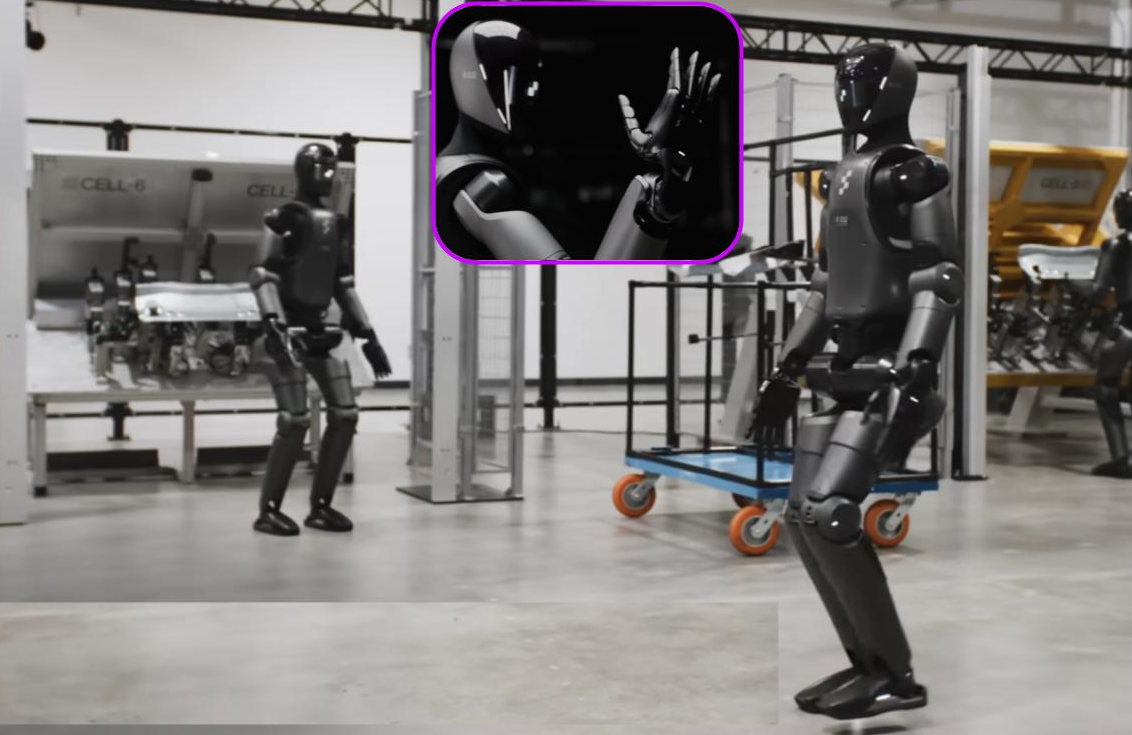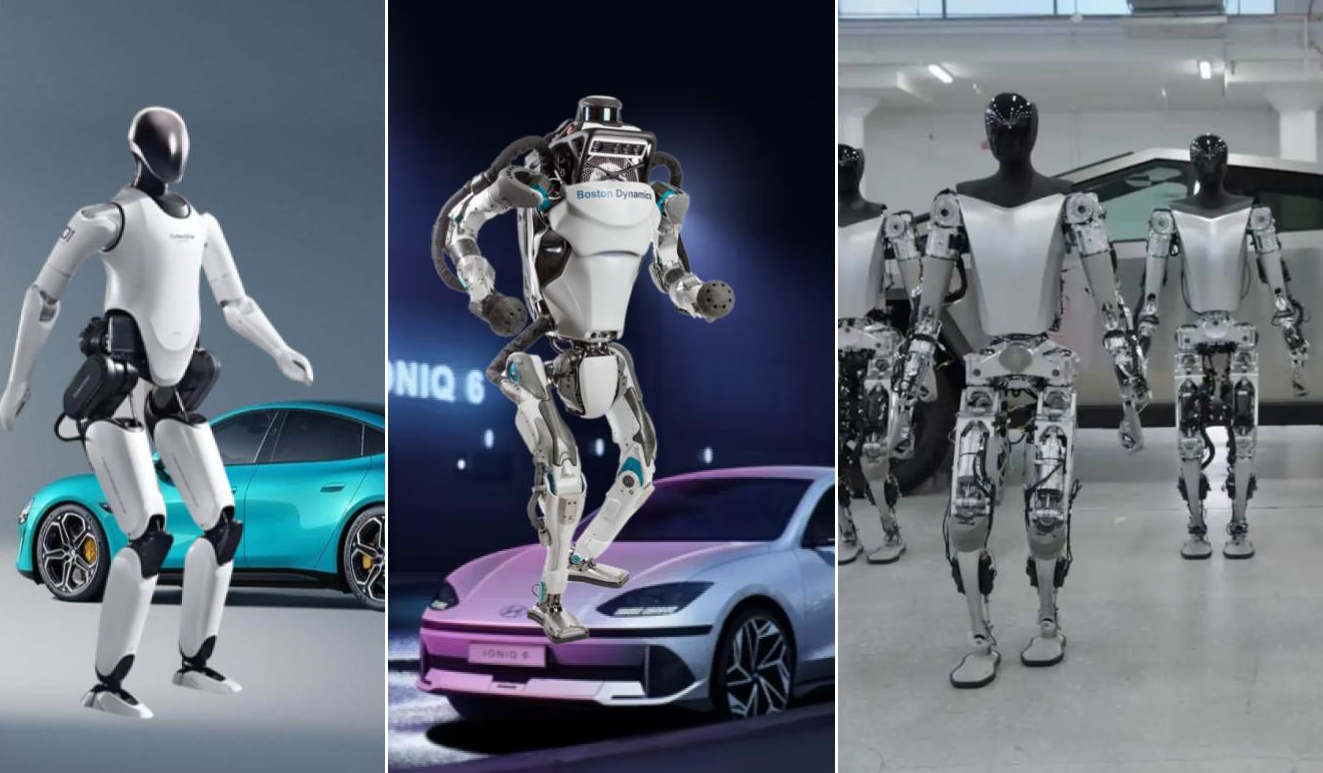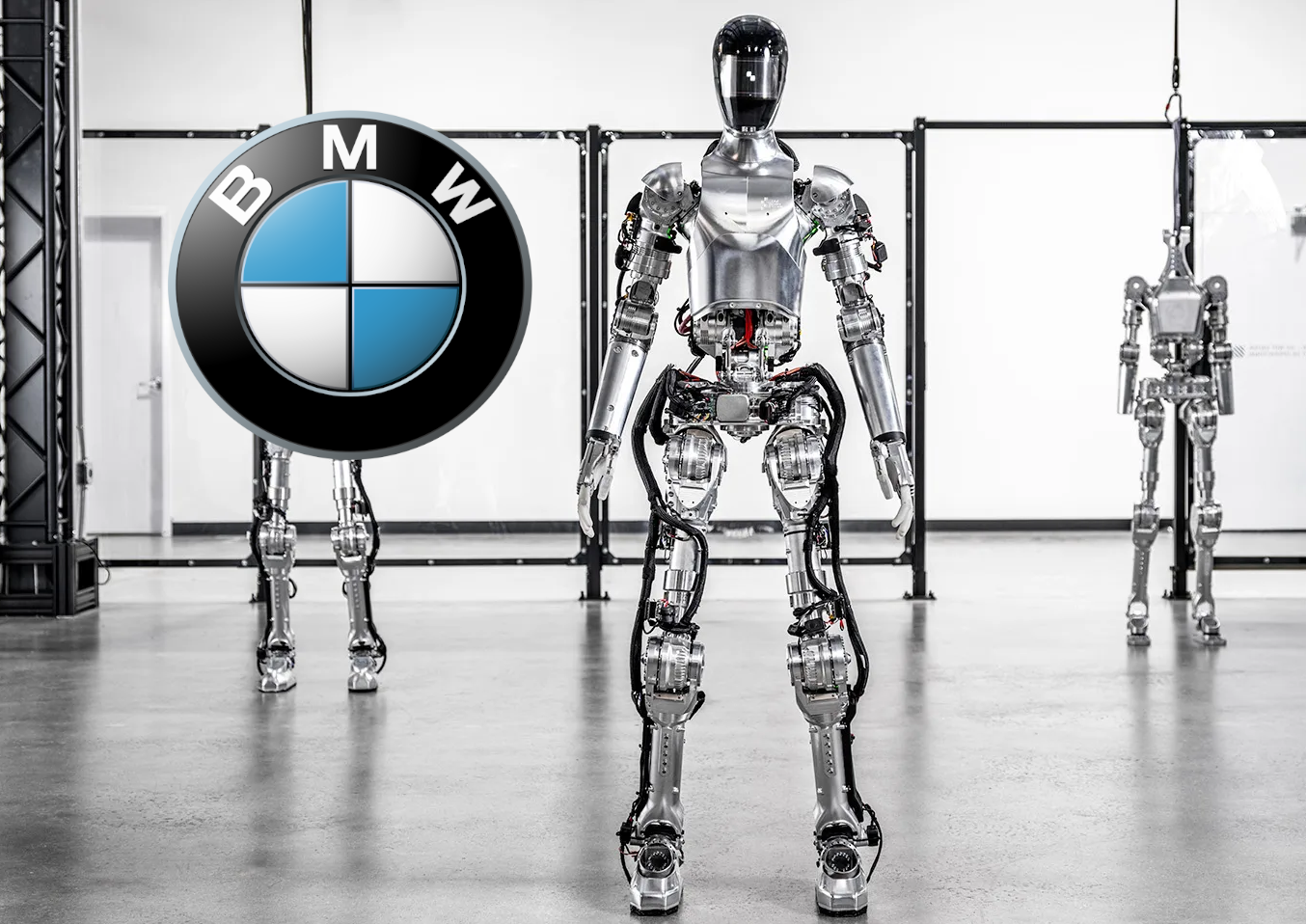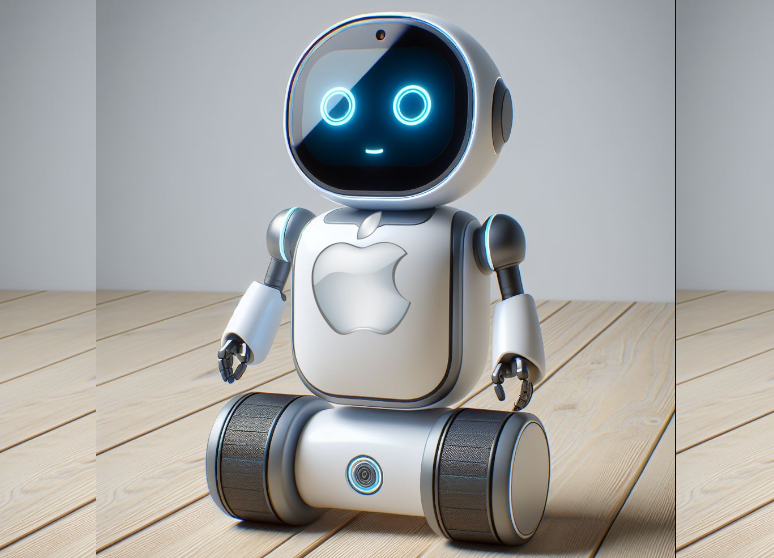On April 16, 2024, Boston Dynamics released a video announcing the retirement of its most famous robot, Atlas. Launched in 2013 with DARPA support, Atlas was designed for search and rescue missions and accessing dangerous areas. The company’s ownership changed hands over the years, ultimately resulting in its acquisition by Hyundai in 2021.
Atlas stands out as a highly capable humanoid robot. We've been captivated by its development, from mastering basic walking to performing impressive feats like jumping, backflips, and gymnastic maneuvers that would challenge athletes. Notably, Atlas is powered by hydraulic motors, granting it exceptional physical strength and agility.
The retirement news may come as a surprise to some. Notably, in February, Boston Dynamics released a video showcasing Atlas performing tasks in a factory environment. This hinted at potential industrial applications, similar to robots used by car manufacturers like BMW (Figure 01) and Mercedes (Apollo), and Neo (Walker S).
Unlike Boston Dynamics’ commercially successful robotic dog Spot, Atlas wasn’t designed for a specific commercial application. Its complex hydraulic system, while granting impressive capabilities, may limit its practicality in many workplaces due to noise and potential bulk. This focus on commercial viability likely played a role in Atlas’s retirement, as many industrial tasks prioritize affordability and efficiency over human-like agility.
The end is another beginning?
While Atlas’s journey has come to an end, it paves the way for future advancements. Boston Dynamics’ experience with Atlas could inform the development of a new generation of humanoid robots, potentially utilizing electric motors for quieter and more commercially viable applications.
Farewell, Atlas. In its 11 years, you’ve inspired countless people, ignited the passion of researchers, and propelled the field of robotics forward. You’ve demonstrated capabilities that once belonged solely to science fiction, forever changing our perception of what robots can achieve.
